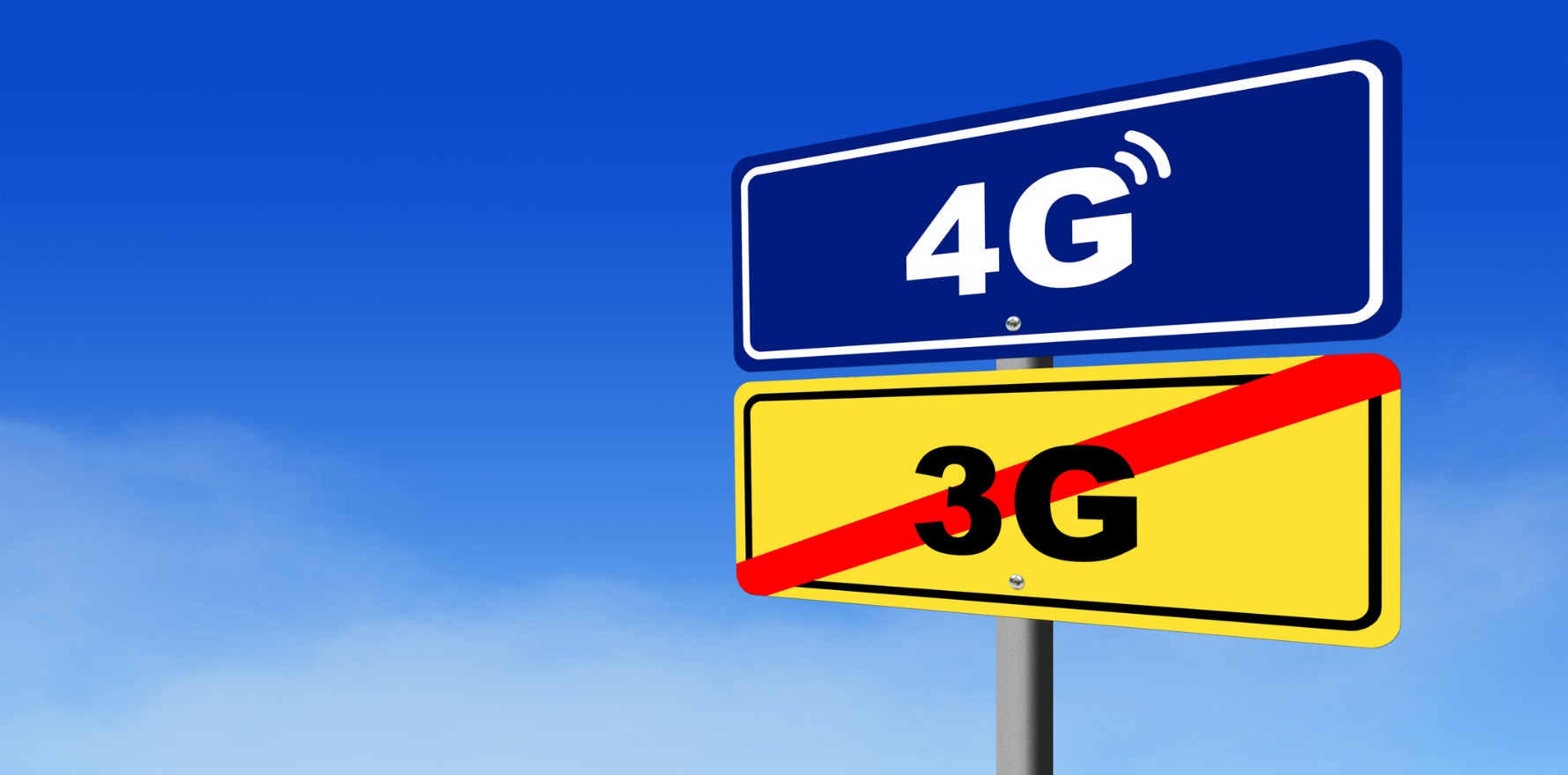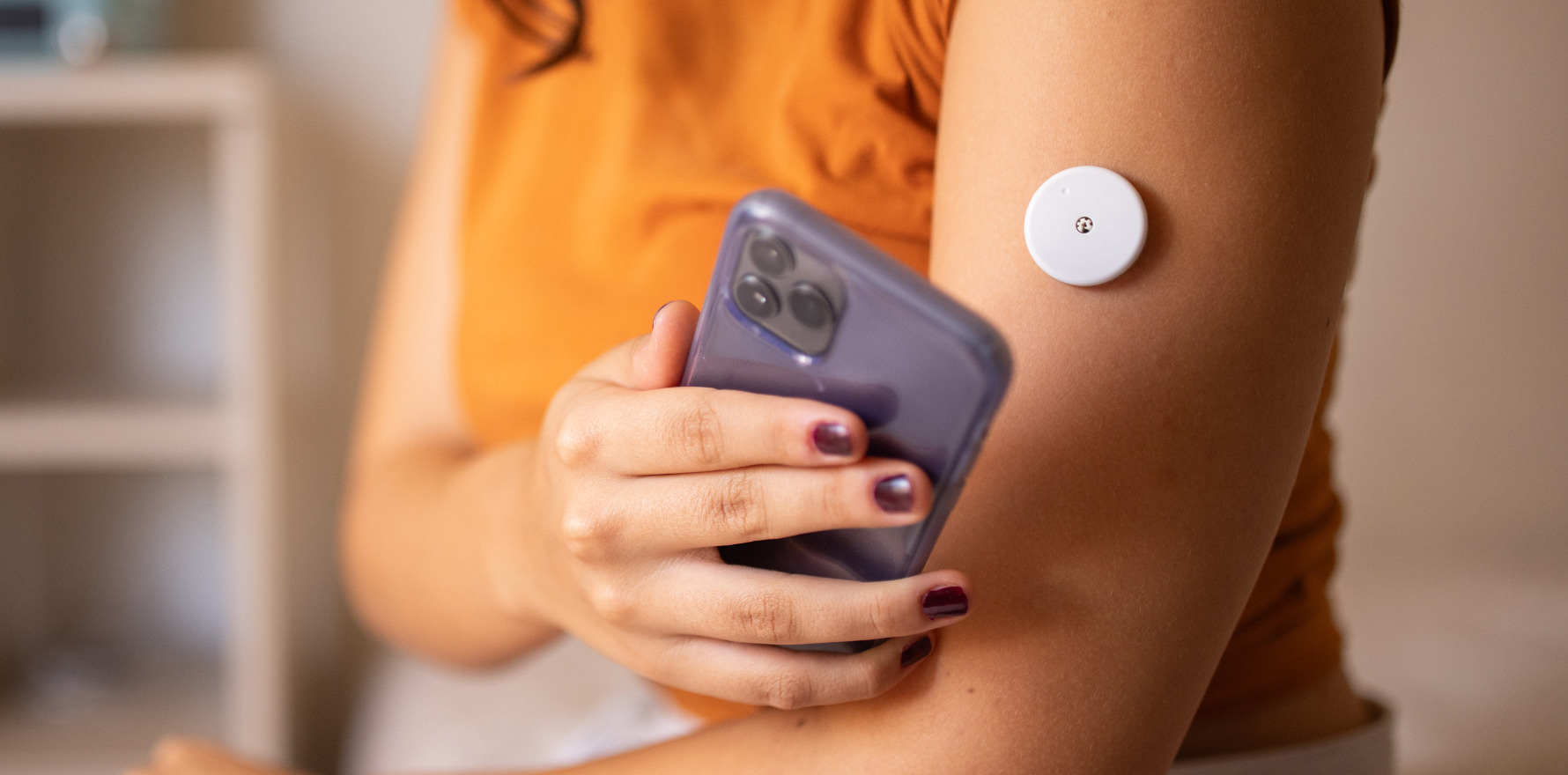Continuous glucose monitors, while on the list, mostly use Bluetooth and so should be spared, says Australian Diabetes Society CEO.
The TGA has warned that medical devices such as some continuous glucose monitors and pacemakers may be affected when mobile network operators Telstra and Optus shut down their 3G networks.
But Australian Diabetes Society CEO Associate Professor Sof Andrikopoulos says that the continuous glucose monitors, or blood glucose transmitters, used by most Australians now use Bluetooth.
The government recently confirmed Telstra and Optus would be decommissioning their third-generation networks from 28 October, with TPG Telecom/Vodafone having previously decommissioned its 3G network earlier this year.
Several devices regulated by the TGA that may be impacted by the decommissioning of the 3G network include:
- Glucose data transmitters
- Pacemakers and implantable cardioverter defibrillators (ICD)
- CPAP therapy machines
- Cardiac resynchronisation therapy monitoring devices
- Telehealth devices
- Wearable health monitors
Others not regulated by the TGA but also potentially impacted by the shutdown include:
- Personal safety pendants
- Fall detection systems
- Home security alarms
- GPS tracking devices
- Automated medication dispensers
Professor Andrikopoulos said, in regard to glucose data transmitters, the transition shouldn’t be a problem for most Australians.
“Currently in Australia most blood glucose transmitters, or continuous glucose monitors, are Bluetooth connected to a smartphone app, they are not affected,” he said.
“There may be a handful of patients that may be using old devices, who can seek help from their healthcare professionals to transition to newer devices.”
According to the TGA announcement, older devices that rely solely on 3G to transmit data or facilitate calls to emergency service operators are those most likely to be impacted, with no capacity for such devices to access data, texts or calls or contact triple-zero once the shutdown takes place.
Related
Certain 4G products that continue to rely on 3G networks to make calls to emergency service providers will also be affected by the shutdown, while newer devices using 4G, 5G, wifi or Bluetooth networks are unlikely to be affected.
The TGA has advised users with devices potentially impacted by the 3G network closure to seek help from their supplier or place of purchase, consider replacing the device and otherwise check the devices still functioned properly after 28 October.
Manufacturers and suppliers with 3G-enabled devices have been advised to actively engage with health professionals and customers to inform them of the risks and recommended next steps ahead of the network shut down.
More information and a full list of the affected devices are available on the TGA’s website.





